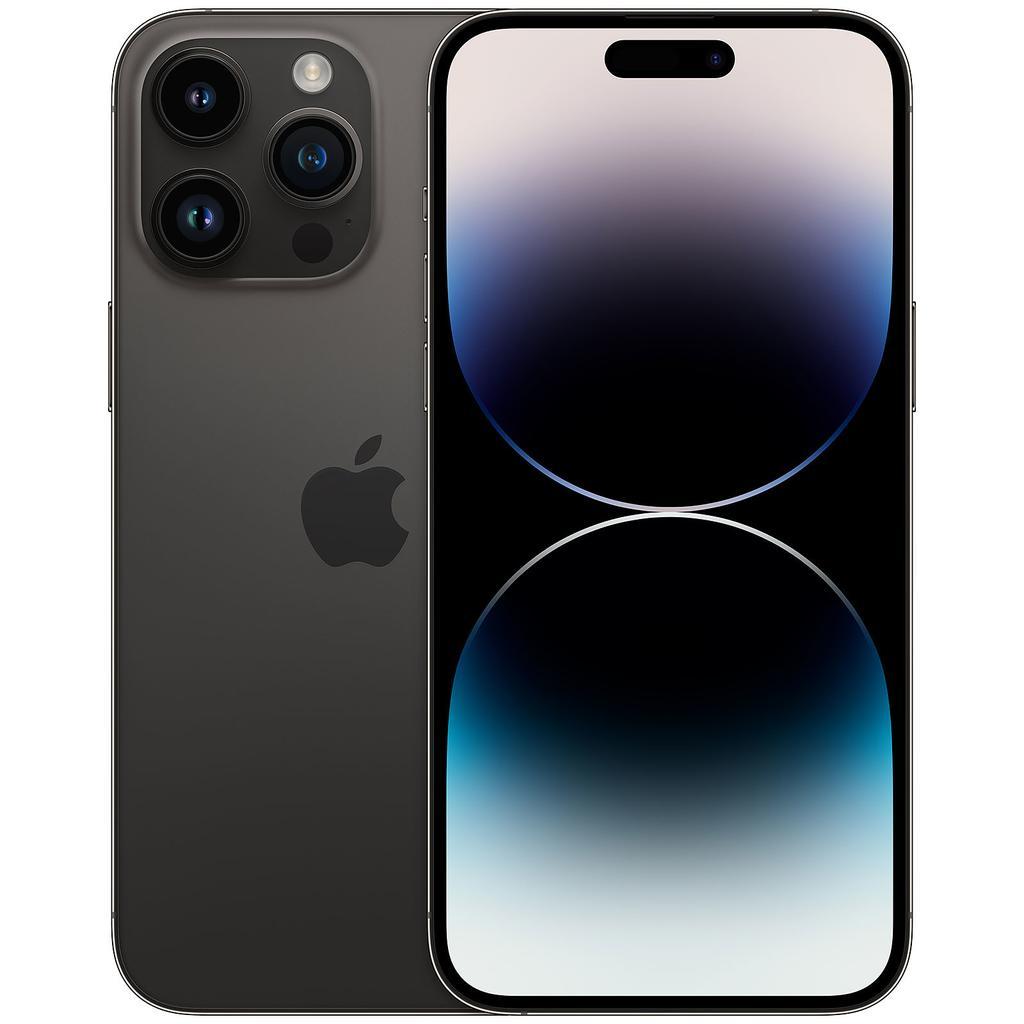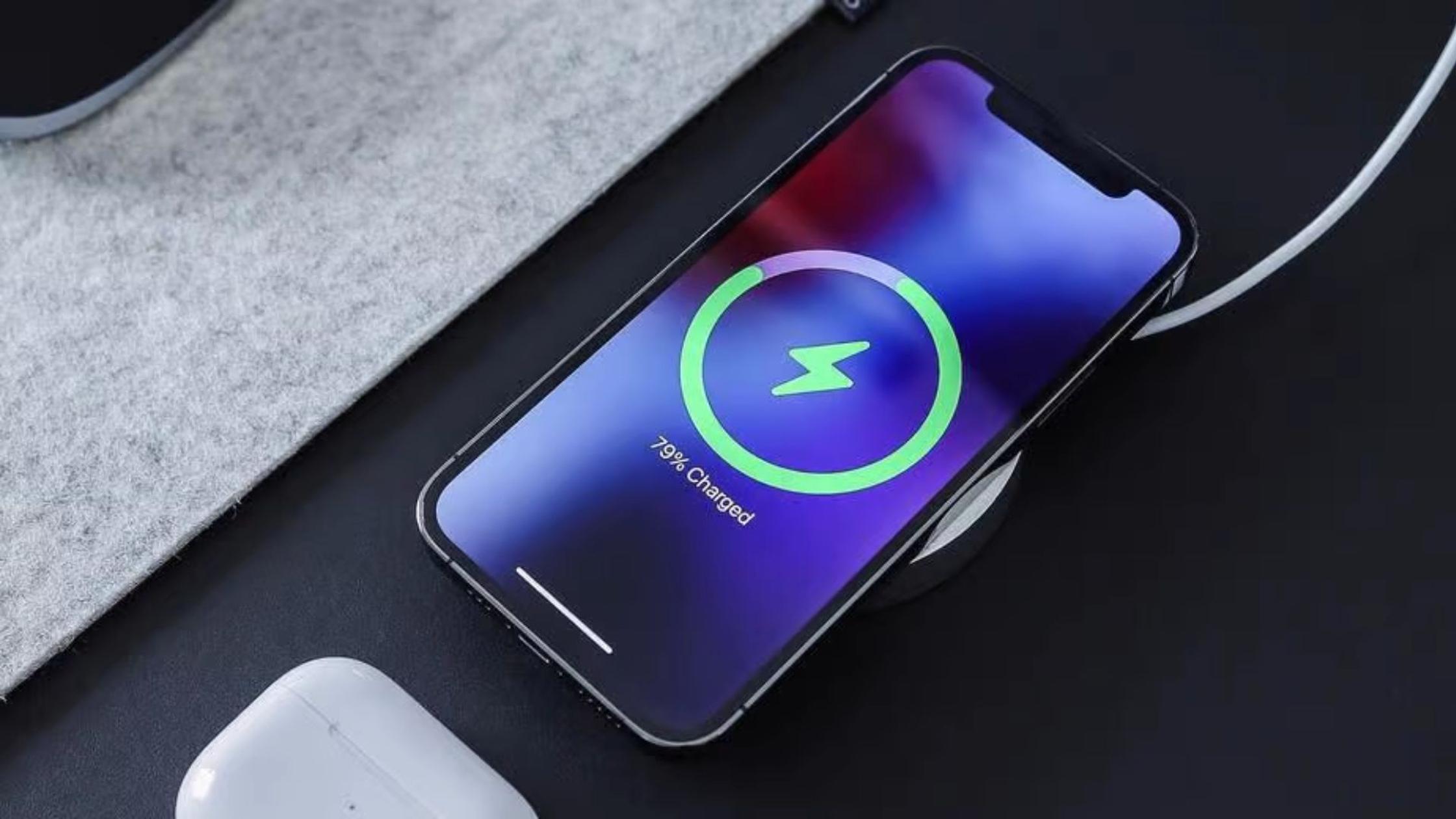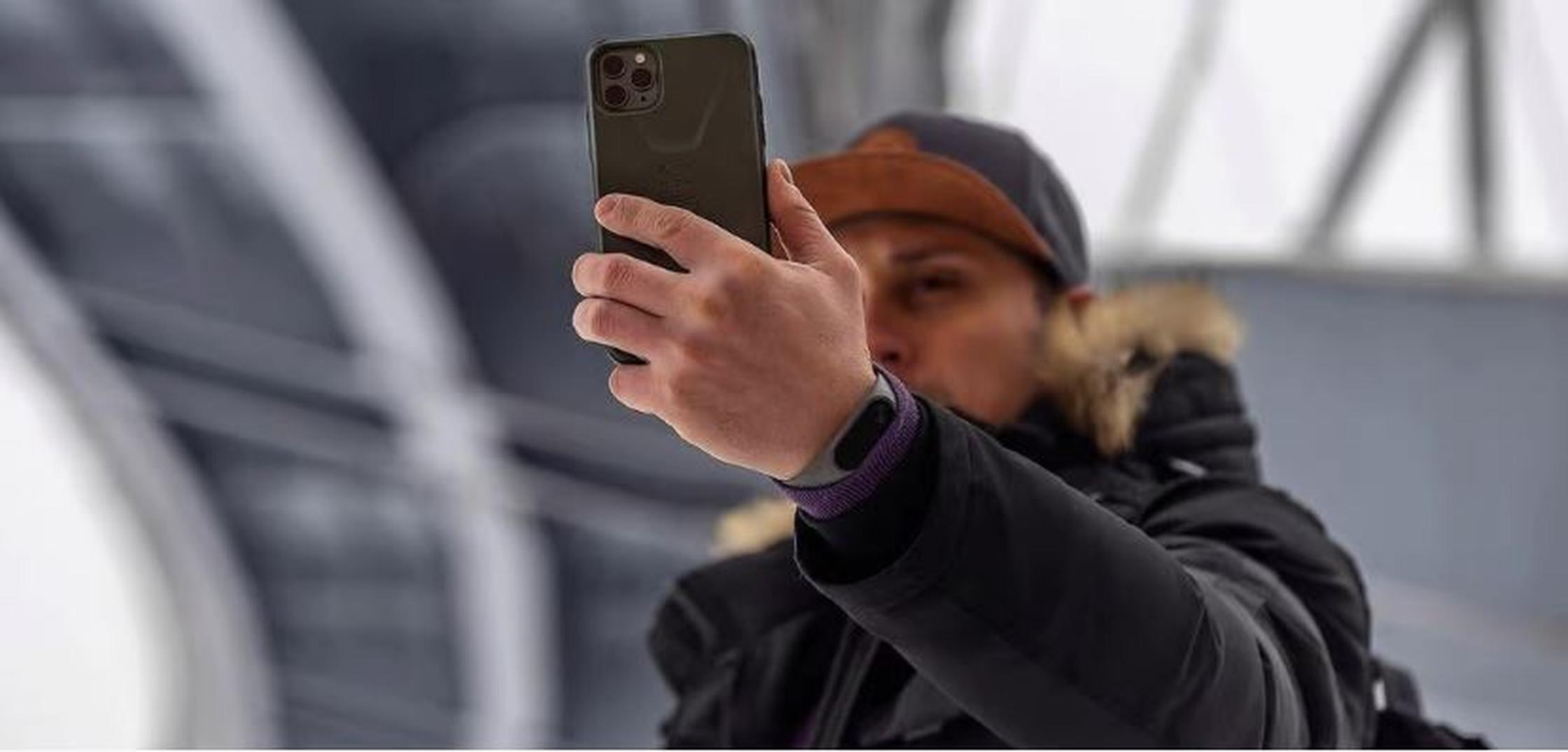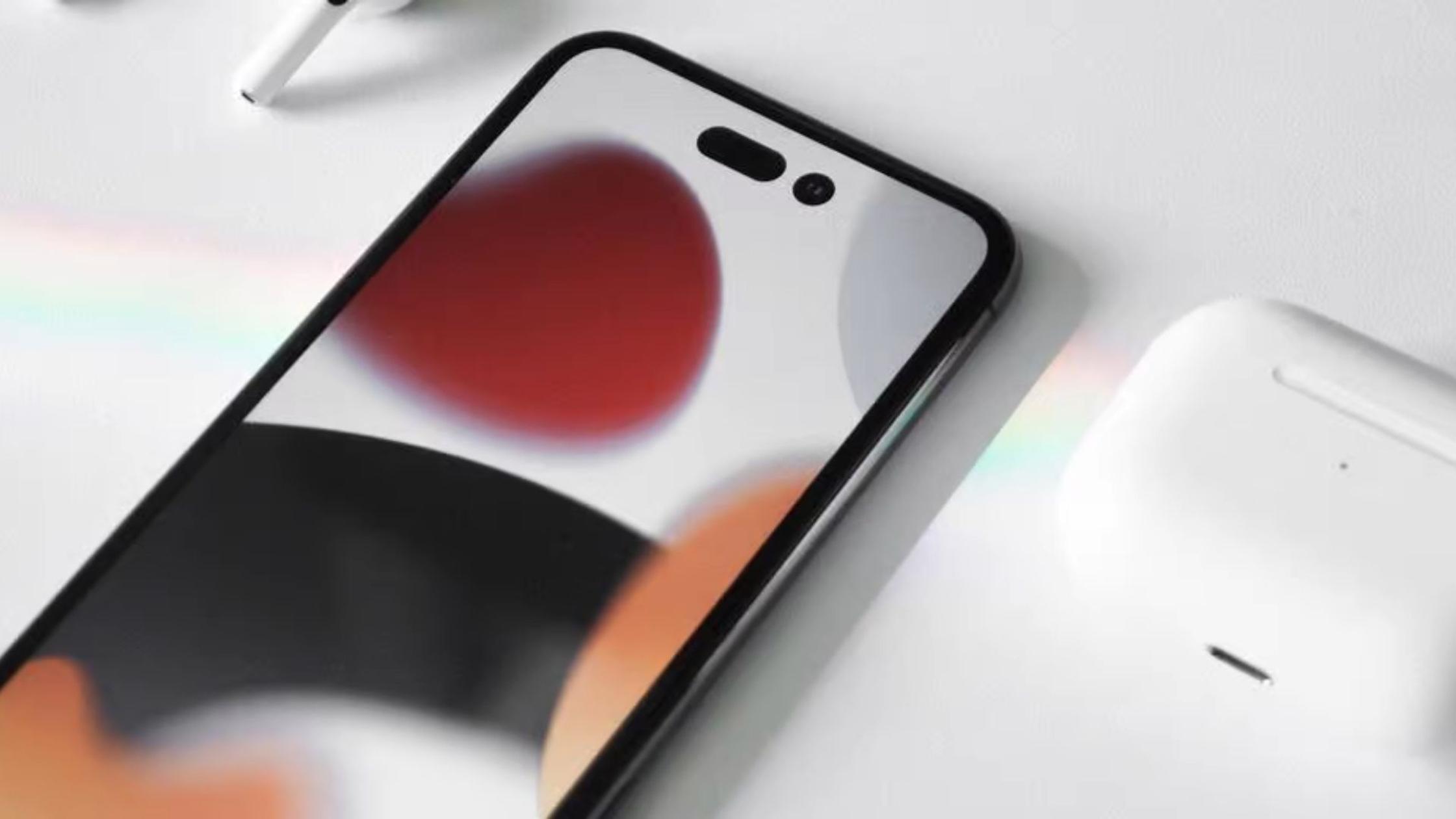iPhone 14 design and display
Apple unveiled a few minor upgrades to the design and display of the iPhone 14. Before we introduce the new kids on the block, we’ll cover the more basic specs, like the display size and resolution.
Like its predecessor, the iPhone 14 has the same diagonal rear camera arrangement and a smaller notch similar to the iPhone 13 design. The finish includes a ceramic shield front for durability and a glass back for wireless charging.
The iPhone 14 comes in five colors:
Three of these are actually carried over from the iPhone 13 colours. Only the purple and blue shades are new. Both are pretty, lighter pastel hues that give a fresh update to the color choices.
👉 Check out everything you need to know about the new iPhone 14 colours here.
The iPhone 14 has a 6.1-inch OLED display with rounded corners. It’s comfortable to hold with a curved design that feels user-friendly. It also has 2532-by-1170-pixel resolution at 460 PPI with an all-screen display which is especially good for the outdoors.
The iPhone 14 Plus offers a bigger 6.7-inch diagonal display with 2778-by-1284 pixel resolution at 458ppi. For those who like to live large, it’s a solid option. The bigger screen size is perfect for playing video games and watching movies on your phone.
Apple upped the brightness of the iPhone 14 display to 800 nits max brightness (typical) and 1200 nits peak brightness (HDR). The iPhone 14 also has an improved thermal performance that withstands pressure for longer, making it a good fit for gamers.




















































































